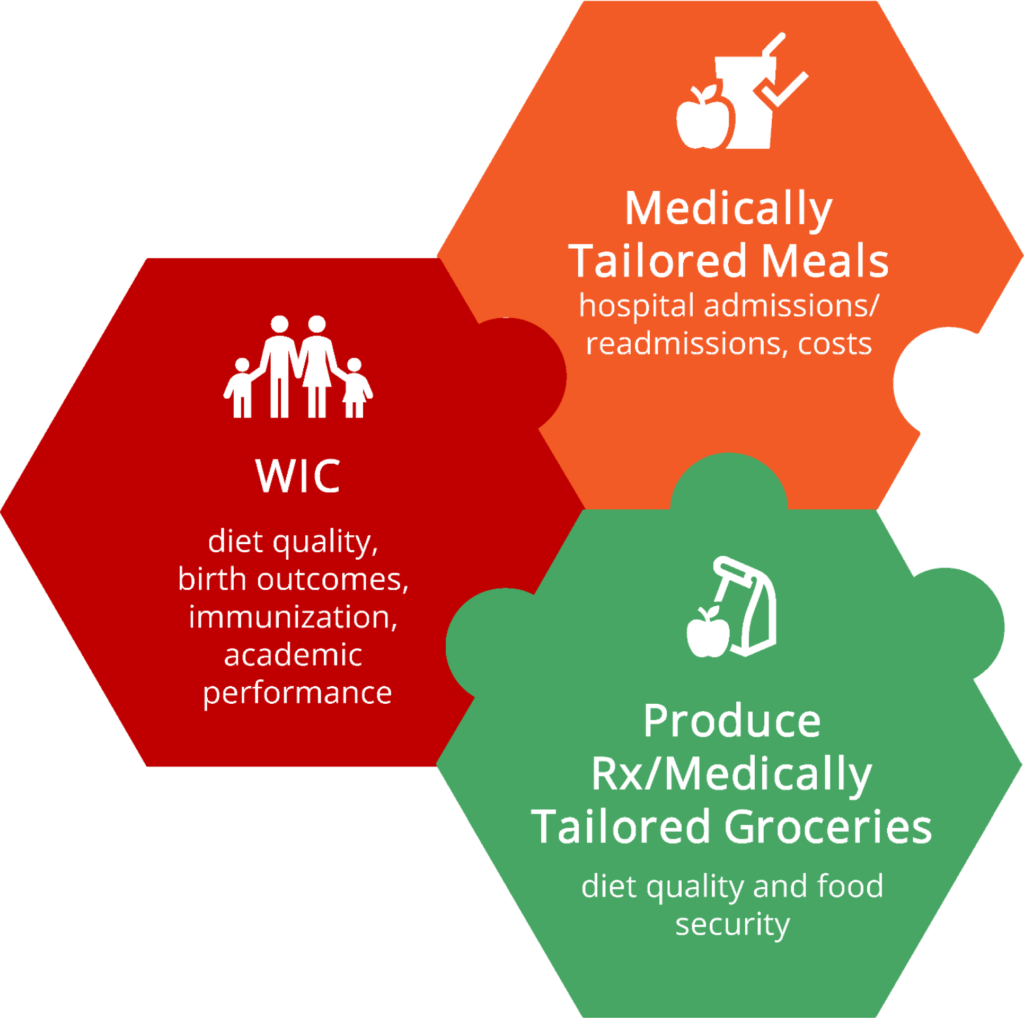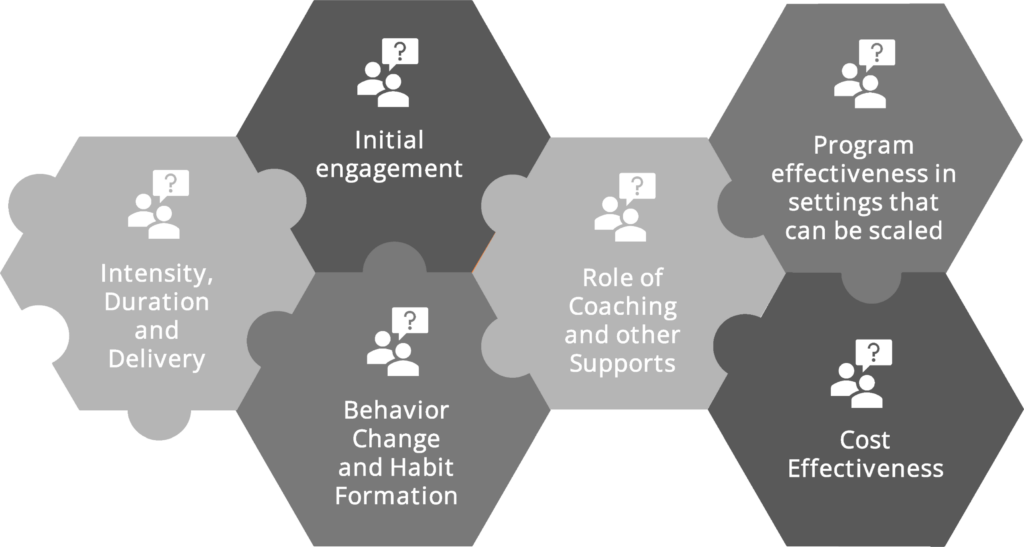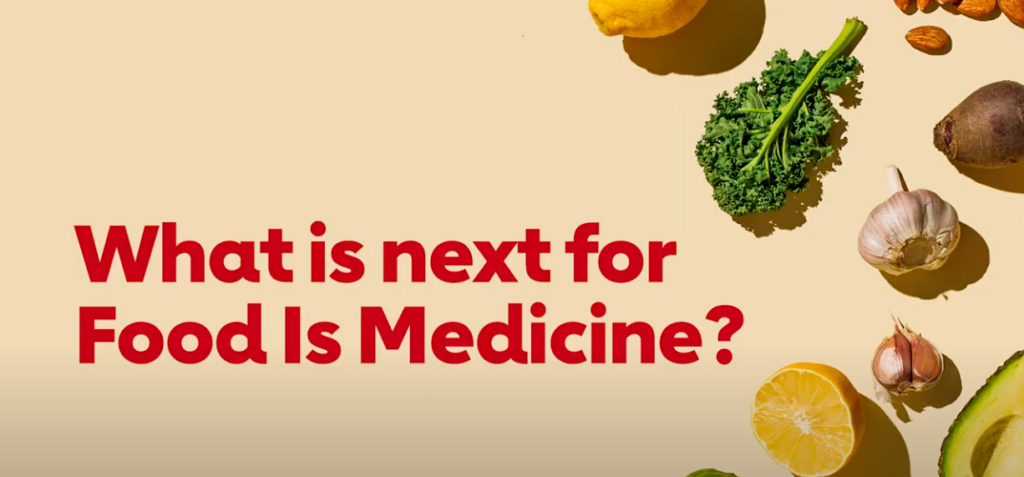Science
Our Research Focus
The American Heart Association’s Health Care by Food™ initiative aims to purposefully invest resources to address critical questions that face the field and lay the groundwork for definitive evidence to influence coverage decisions on food is medicine interventions by public and private payors. The initiative’s research is guided by expert volunteers.


Funded Projects
The initiative’s research efforts were announced in January 2024, with funds awarded to foundational research projects across the country led by experts in the food and nutrition, behavioral science, epidemiology and cardiovascular research fields.
Focal points for the research we expect to eventually be conducted under the initiative include:
- Effectiveness of food is medicine interventions: for example, the ability to positively influence health outcomes
- Comparative effectiveness: tests of the relative effectiveness of interventions of different designs, duration, dose versus one another
- Delineation of what type of programs work for which patients
- Cost effectiveness of food is medicine interventions
- Resolution of barriers to successful implementation of food is medicine programs
The initiative’s research agenda will proceed in stages:

A Food Is Medicine Roadmap
An American Heart Association Presidential Advisory on Food Is Medicine approaches, published in September 2023, serves as a roadmap for the research, advocacy, quality measurement, professional education and public awareness that will lead to widespread adoption and coverage of food is medicine interventions that improve health and are cost-effective. The advisory establishes that:
- Healthy, nutritious food may be a useful strategy in the health care setting to treat and prevent acute or chronic diseases.
- Food is medicine has the potential to improve health outcomes for millions of patients.
- A coordinated research approach is needed to more systematically and rigorously define how well food is medicine interventions prevent and treat disease compared to standard medical care.
- Research must be complemented by efforts in advocacy, quality improvement and education to fully incorporate food is medicine into the health care system.

Request for Proposals
The Health Care by Food initiative’s first Request for Proposals focused on feasibility and implementation science to achieve high rates of enrollment and engagement in food is medicine programs using input from the lived experiences of patient participants and practitioners to guide program design. Our focus is on testing ways to achieve significant short-term changes in healthy eating behavior since that is a pre-requisite for achieving longer-term behavior change.
View the Request for Proposals (Closed November 6th, 2023)
View all AHA Funding Opportunities
